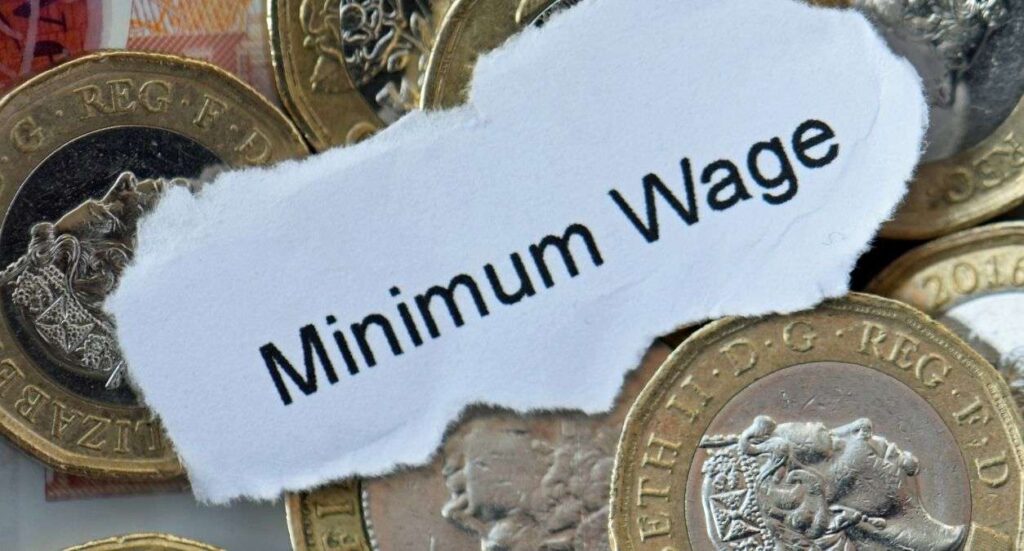For small to mid-scale event organisers, getting the budget right isn’t just about balancing the books – it’s what makes the event possible. A well-managed budget can mean the difference between breaking even, turning a profit, or being left out of pocket. It can also be the key to impressing stakeholders and unlocking future opportunities.
Whether you’re planning a local festival, a networking evening, or a community fundraiser, your costs can vary massively depending on the venue, timing, and scale. That’s why having a clear, flexible budget from the start is essential.
This guide is packed with practical, real-world tips to help you take control of your event finances, so you can focus on delivering a brilliant experience without the stress of financial surprises.
Why a budget is essential for event planning

A well-planned budget acts as your event’s financial blueprint. It tells you what you can afford, where to spend your money, and how to avoid surprises.
Essentially it helps you with these fundamental points:
- Make informed decisions
- Maintain transparency with stakeholders
- Avoid overspending
- Measure the event’s success against financial goals
- Budgeting isn’t about cutting corners; it’s about spending smarter.
Setting financial goals for your event
Clear goals and objectives are key to running a successful event. While your aims might include creating memorable experiences, raising awareness, or generating positive feedback, there’s almost always a financial driver involved too. Before you touch a spreadsheet, you’ll want to ask yourself:
- What’s the purpose of this event financially?
- Do you want to break even?
- Turn a profit?
- Raise money for a cause?
- Just cover costs?
Being clear about your financial goal from the get-go will influence your pricing strategy, revenue model, and overall budget structure.
How to start creating an event budget

Review past events
If you’ve run similar events before, your best starting point is historical data. Look back at previous budgets, invoices, and actual spend vs. projected spend. Where did you overspend? What did you underestimate? This insight will help you create a more accurate forecast.
If you’re new to organising events, don’t worry. Reach out to others in your network who have experience and ask if they’d be willing to share examples or tips. Industry forums, Facebook groups, and LinkedIn can also be great sources for connecting with fellow organisers. Even high-level figures can help you start setting realistic expectations.
Define your event scope
Before you can budget properly, you need to be clear on the overall vision for your event. Ask yourself:
- What type of event are you organising?
- Is it in-person, virtual, or hybrid?
- What’s the expected number of attendees?
- Will it take place over one day or multiple days?
- Where will it be held – and are there location-specific costs?
Having a defined scope means you’re not budgeting for the unknown. It brings focus and ensures your budget is tailored to your specific event plan, rather than a generic template.
Choose a budgeting tool
There’s no right or wrong tool – the best one is the one you’ll actually use and keep updated. Common choices include:
- Excel or Google Sheets – Flexible and customisable, great if you’re confident with formulas and want full control.
- Budgeting templates – Many event platforms like Eventbrite, Monday.com, or Asana offer downloadable templates designed for event planning.
Make sure your chosen tool allows you to clearly track expenses, update costs as quotes come in, and compare estimated vs. actual spend in real-time.
The 7 steps to good budgeting:
To summarise simply – follow these seven essential steps:
- Set clear objectives
- Identify income sources
- List all expenses
- Estimate those costs realistically
- Build the full budget
- Monitor spending as you go
- Review and adjust throughout the process
Key components of an event budget
While the scale and style of your event will affect specific costs, there are some core components that nearly every event will need to budget for. Including these essentials from the start will help ensure nothing important gets overlooked:
- Venue hire: Often your biggest cost. Get several quotes.
- Catering: Don’t forget dietary requirements and staff meals.
- Entertainment/Speakers: Fees, rider requests, travel.
- Marketing & Promotion: Paid ads, flyers, social media.
- Staffing: Security, event staff, volunteers (expenses, T-shirts, food).
- Equipment & Tech: AV, lighting, staging.
- Insurance & Permits: Public liability insurance, alcohol licensing.
- Travel & Accommodation: For guests, speakers, or team members.
- Miscellaneous: Always include a catch-all line item.
- Contingency Fund: Budget 5–15% extra for the unexpected (last-minute kit hire, weather-related changes, etc.)
Always get 2–3 quotes for major suppliers to compare value and build negotiating power.
How to estimate costs accurately

Accurate cost estimation is one of the most important steps in building a realistic and reliable event budget. Without it, you risk underfunding key elements or being blindsided by unexpected expenses.
Regional differences, market fluctuations, and supplier availability can all affect pricing, so it pays to do your homework. With thorough research, early outreach, and a cautious approach, you’ll set yourself up for fewer surprises and smoother planning.
Avoid unpleasant surprises:
- Use real data from previous events where possible.
- Request provisional quotes early from venues and suppliers.
- Research current UK market rates. For example, marquee hire in London might be double what it is in Yorkshire.
- Build in a buffer for inflation and late changes.
- Being too optimistic is one of the most common budgeting mistakes.
Revenue sources for events
When building your budget, it’s just as important to plan where your money will come from as it is to track where it’s going. Identifying reliable revenue streams early on can help you shape your event strategy, set realistic ticket prices, and decide how much you can spend in each area.
In the UK, there are several common ways events generate income, depending on the type, size, and audience of your event, such as:
- Ticket sales
- Sponsorship deals
- Grant funding (especially for community or arts events)
- Vendor fees (food trucks, merch stalls)
- Merchandise or raffle sales
- Bar or refreshment income (if licensed)
These might include direct sales, external funding, or on-the-day income. You may rely on just one of these sources or combine several to hit your financial goals.
A golden rule of budgeting: always underestimate your income and overestimate your expenses. This gives you breathing room and reduces the risk of falling short.
Applying the 50/30/20 budgeting rule to events
If you like working with a clear formula, the 50/30/20 rule – originally used for personal finance – can be a handy framework to adapt for event planning:
50% Essentials: Venue, staffing, security, catering
30% Enhancements: Decor, entertainment, optional experiences
20% Safety Net: Contingency fund, last-minute costs, deposits
It’s a useful way to prioritise spending and keep the budget balanced.
Common mistakes to avoid in event budgeting
Even with the best intentions, it’s easy to slip up when managing an event budget, especially if you’re juggling multiple priorities or working to tight deadlines. Being aware of common pitfalls can help you stay in control and avoid costly oversights. Steer clear of these frequent mistakes:
- Underestimating costs (especially setup and teardown)
- Forgetting contingency funds
- Relying on unconfirmed revenue (e.g. sponsors who haven’t signed contracts)
- Not tracking spend against your budget during the event cycle
- Ignoring post-event reviews
- Skipping quotes or supplier comparisons
- Budgeting is a living process – treat it as such.
A few extra tips for event organisers
- Always factor in VAT where applicable – it’s an easy one to miss and can significantly affect your totals.
- Using international suppliers? Be sure to account for exchange rate fluctuations, especially if paying in a foreign currency.
- Check local council requirements early on to avoid last-minute delays or unexpected licence fees.
- Don’t forget final-stage costs such as signage, delivery fees, or on-the-day printing, they often slip through the cracks but can add up quickly.
Creating a solid event budget isn’t just about being organised – it’s about protecting your event and your reputation. The more you plan, the fewer surprises you’ll face. And remember: a good budget is flexible, regularly reviewed, and always aligned with your goals.
Get Event Insurance from Protectivity

*Disclaimer – This blog has been created as general information and should not be taken as advice. Make sure you have the correct level of insurance for your requirements and always review policy documentation. Information is factually accurate at the time of publishing but may have become out of date.
Last updated by

















